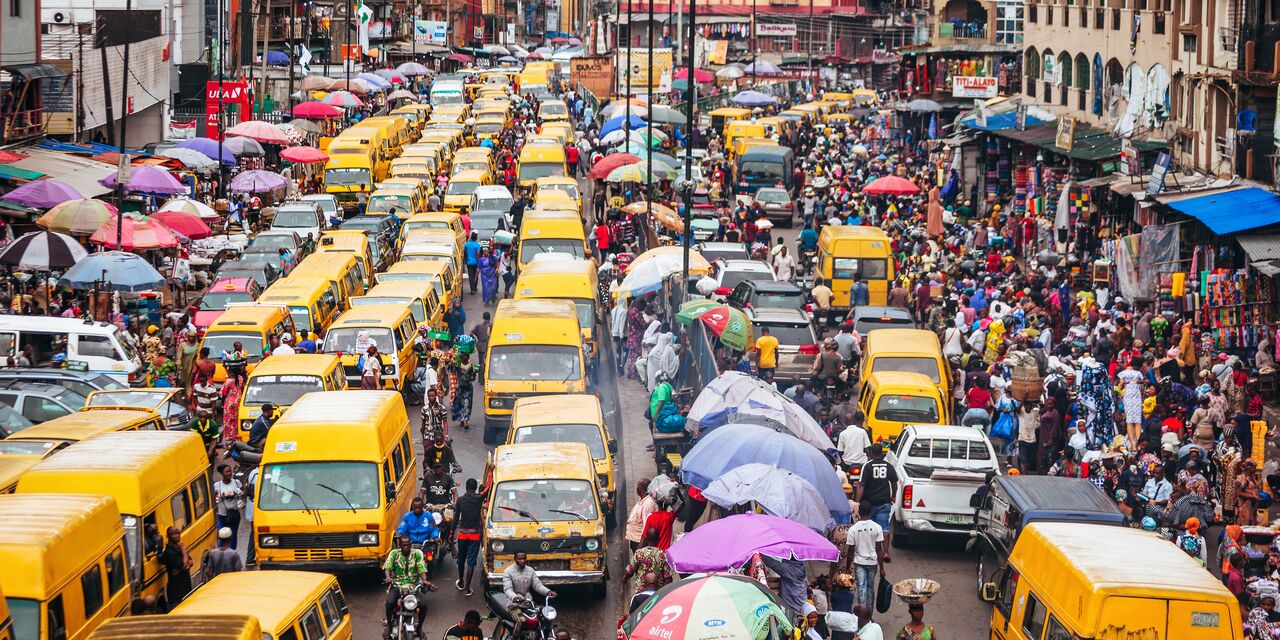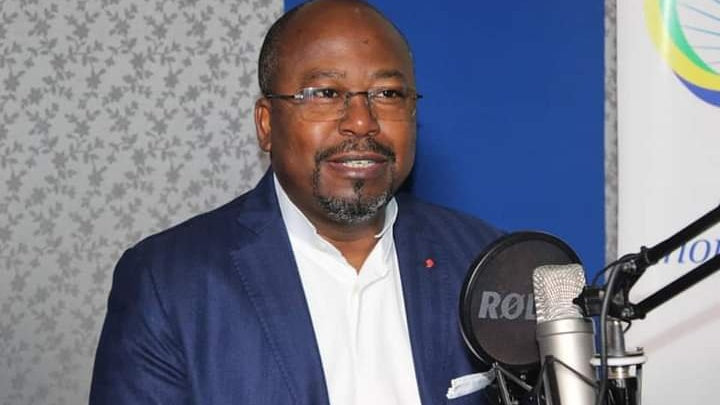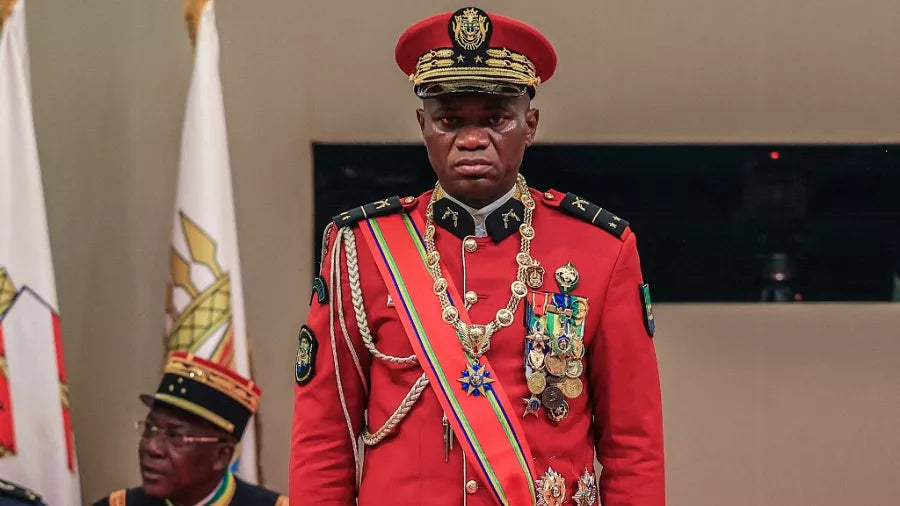
Nigeria: 64th Independence Day under tension
On October 1, 2024, Nigeria celebrated its 64th anniversary of independence, but the mood was far from celebratory. Massive protests broke out, mainly in Lagos, where angry Nigerians denounced a deepening economic crisis. Poverty, soaring inflation, and record unemployment were at the heart of the frustrations. Although President Bola Tinubu called for patience, the protests, the second wave in two months, illustrated growing public discontent, especially over the failure of economic reforms.
Who benefits from this crisis?
Tinubu’s government was elected on the promise of economic recovery and a better future. However, the reforms undertaken, which were supposed to stabilise the economy, seem to have had the opposite effect in the short term. With record inflation and a continued devaluation of the currency, Nigerians are bearing the brunt of economic management that seems disconnected from daily realities. While these reforms are presented as a response to the decline in foreign investment and the need to clean up public finances, their immediate impact on households is disastrous. It is therefore mainly the middle class and the poorest who are paying the highest price for these adjustments.
Why are young people on the front line?
Nigeria’s youth, who constitute a majority of the population, are the worst affected by this situation. Indeed, the youth suffer from extremely high unemployment rates and a scarcity of opportunities, despite the country’s colossal economic potential as Africa’s largest oil producer. At protests, placards demanding jobs and better prospects reflect a growing desperation. The gap between government promises and reality has become too wide to ignore.
Reforms poorly received
Since Bola Tinubu’s election in 2023, several measures have been taken to reform the economy, including budget cuts and reductions in subsidies to stabilize public finances. However, these decisions have had a devastating effect on the population, especially the most vulnerable sections. The independence anniversary, which should symbolize a moment of unity and national pride, has turned into a platform for expressing social anger.
What solutions are in sight?
The government, aware of the explosive situation, is trying to reassure citizens that the current reforms are necessary to avoid a deeper economic collapse. But with inflation at its highest level in 28 years and a currency that continues to collapse, these explanations are no longer enough. If the protests are multiplying, it is because the population is demanding immediate measures to ease the economic burden. Bola Tinubu, despite his promises of change, finds himself under immense pressure to deliver concrete results in the coming months, failing which, social unrest risks intensifying.
In short, Nigeria’s 64th independence anniversary, instead of being a celebration of national sovereignty, has become a powerful reminder of the overwhelming economic challenges facing the country. Until the government quickly turns things around, the streets will continue to be the scene of popular frustrations.



1 comment
BITCOIN RECOVERY IS VERY MUCH REAL AM A LIVING TESTIMONY
Good day everyone on the internet. Do you require assistance getting back your lost or stolen ETH, Bitcoin, or other cryptocurrency? Many people have written about how THE HACKANGELS RECOVERY EXPERT helped them recover their cryptocurrency. I invested $1.3 million into a cryptocurrency platform. I visited different web pages and read a lot of reviews and testimonies about THE HACKANGELS RECOVERY EXPERT. I willingly decided to give them a try and it was the best choice I’ve ever made. And the job was done within 48 hours. I feel so fortunate to have been able to get the right team otherwise I have no idea what could’ve become of me. Their exceptional skills and intelligence make them one of the best cyber hackers in the industry. With their expertise in cryptocurrency and Bitcoin recovery, they have assisted numerous individuals in recovering their lost funds. I promised to inform everyone about their service. If I don’t share my testimony then I will be selfish and ungrateful. You can also get in touch with them through their hotline:
WhatsApp (+1(520)200-2320 ), or shoot them an email at (support@thehackangels.com) They also have a great website at (www.thehackangels.com)
If you’re in London, you can even visit them in person at their office located at 45-46 Red Lion Street, London WC1R 4PF, UK. They’re super helpful and really know their stuff! Don’t hesitate to reach out if you need help. I recommend them as a genuine hacker
Bruno Jayvee
Leave a comment
This site is protected by hCaptcha and the hCaptcha Privacy Policy and Terms of Service apply.